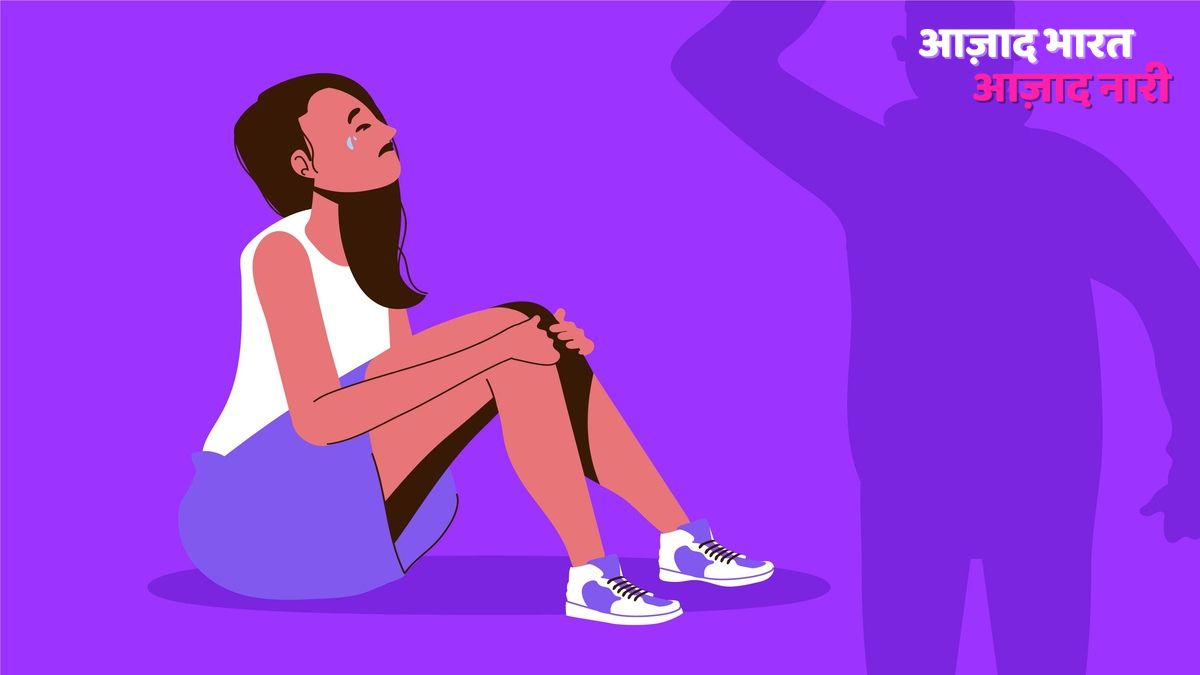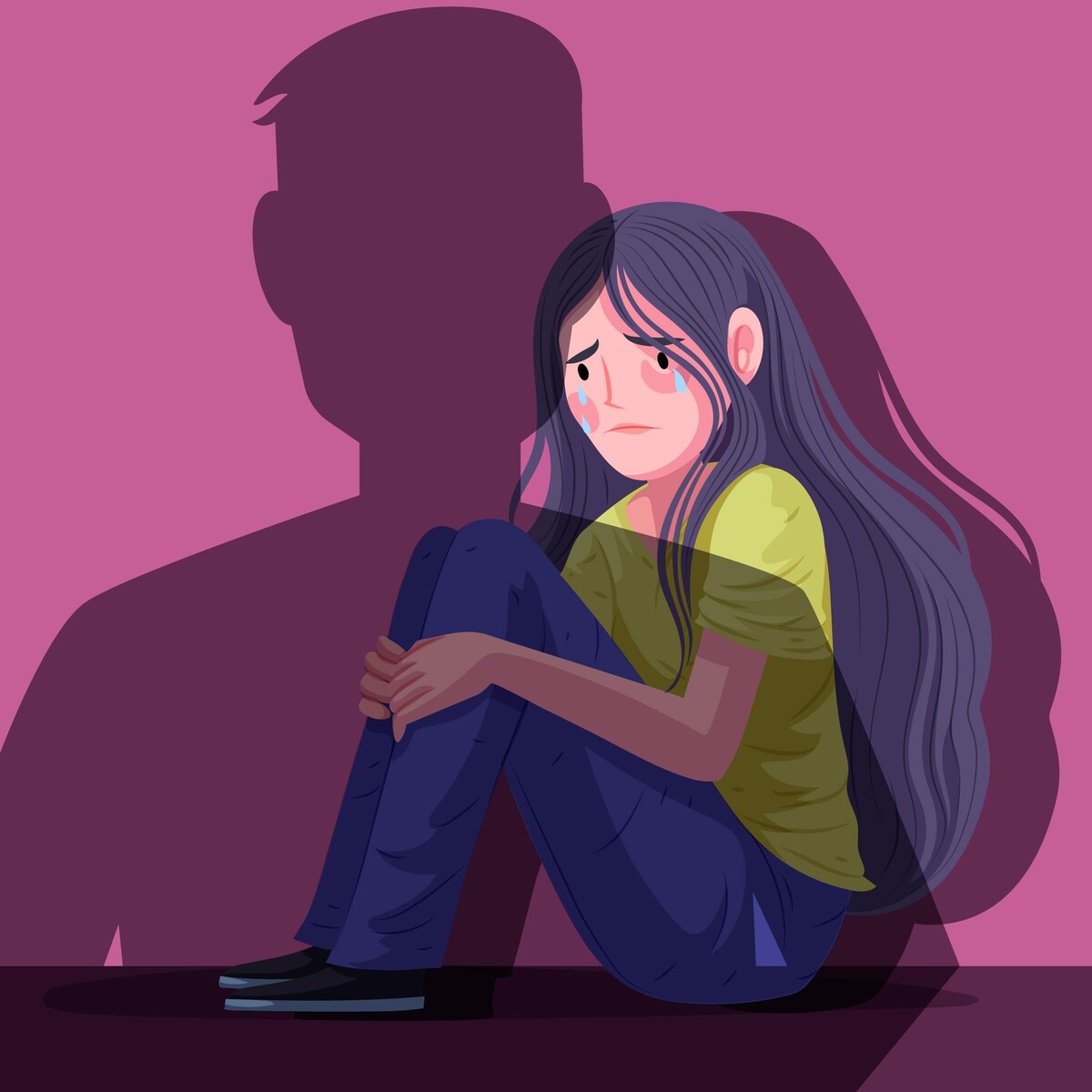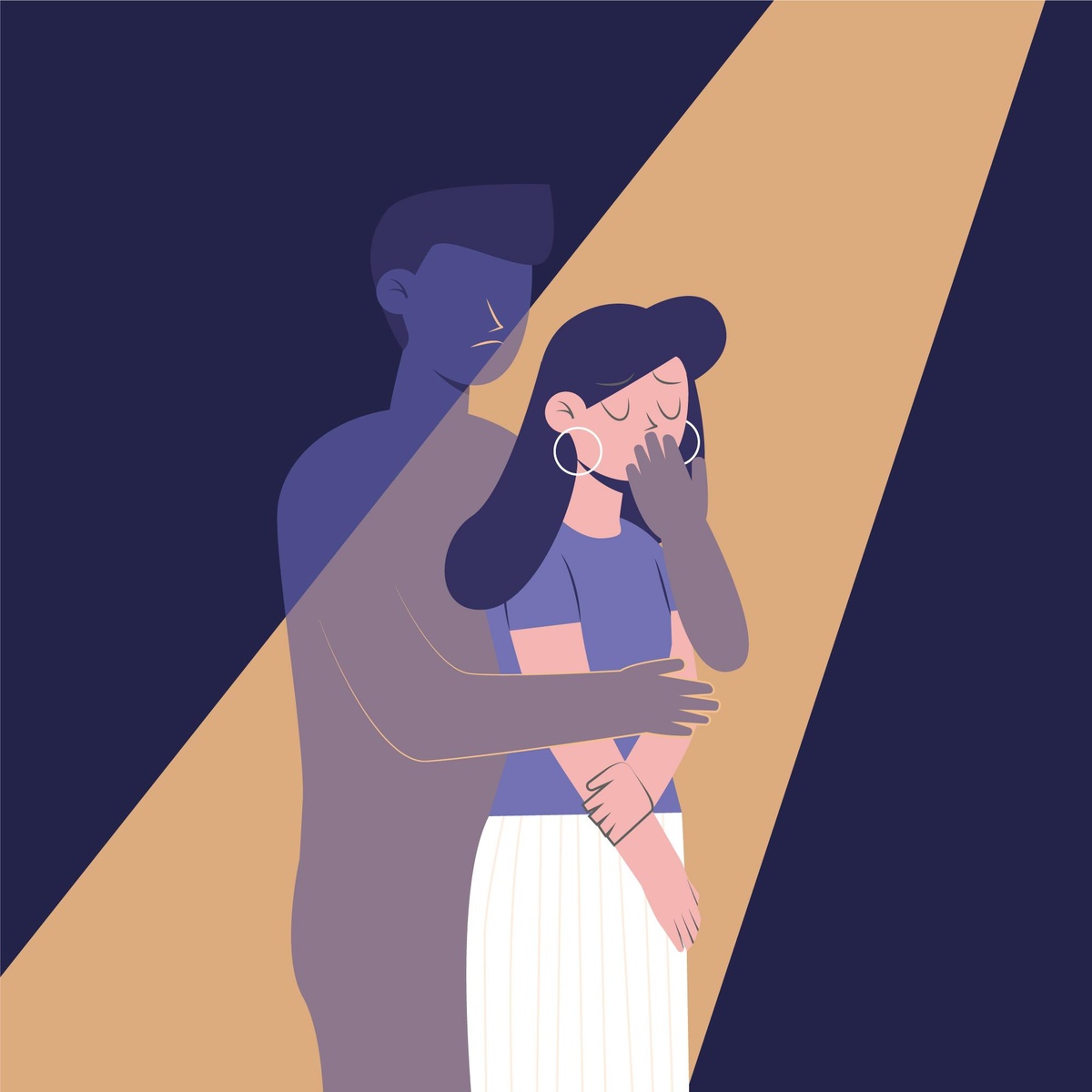
As India prepares to commemorate its 77th year of independence, it's imperative to reflect on the progress made and the challenges that persist. While the nation has made remarkable strides in various sectors, one disconcerting issue that continues to lurk behind closed doors is the persistence of intimate partner violence (IPV). Despite the ideals of equality and empowerment that marked India's struggle for independence, IPV remains a significant concern, reminding us that true liberation extends beyond political boundaries.

Intimate Partner Violence, often referred to as domestic violence, encompasses physical, sexual, psychological, and emotional abuse within an intimate relationship. It's a grave violation of human rights that affects individuals across gender, age, and socio-economic backgrounds. Though more awareness has been raised regarding this issue, it's alarming to note that IPV remains alarmingly prevalent in India.

Image Courtesy: GS Score Data Story
Recent data from the National Family Health Survey (NFHS) sheds light on the persisting IPV landscape in India. According to the NFHS-5 conducted in 2019–2020, approximately 30% of ever-married women aged 15–49 reported having experienced physical or sexual violence by their current or former spouses. These figures expose a sobering reality that cannot be ignored.
Several factors contribute to the persistence of IPV in India, highlighting the complex interplay of societal norms, cultural influences, and economic disparities:

India boasts a comprehensive legal framework to address IPV, primarily through the Protection of Women from Domestic Violence Act, 2005. However, the effectiveness of these laws often hinges on implementation challenges. Fear of social stigma, lack of awareness about legal remedies, and inadequate support systems deter many victims from seeking legal recourse. (HaqSe: Know Your Rights Against Domestic Violence)
Patriarchy, an underlying force that has persisted for generations, significantly contributes to the perpetuation of IPV. It's important to understand that dismantling patriarchal norms requires collective effort, not just through legislation but also through education and cultural shifts.
Don't Miss: Azaad Bharat Azaad Naari: Assessing The Current Landscape Of Women In Politics And Bureaucracy
Several organisations and initiatives have emerged to combat IPV in India:

Tackling IPV requires a comprehensive approach that extends beyond legal measures. Efforts should focus on shifting societal attitudes, educating individuals about healthy relationships, and fostering empathy. Schools and communities can play a pivotal role in educating children about respectful behaviour and gender equality from an early age.
Don't Miss: Empowering Growth: The Imperative Of Gender Diversity In 'Independent' India's Corporate Landscape
As India marks its 77th year of independence, it's crucial to acknowledge the persistent challenges that mar the nation's progress. Intimate Partner Violence remains a significant concern, revealing the gaps between the principles of freedom and equality and the lived experiences of many individuals. The path towards a society free from IPV is complex and multifaceted, demanding a collective commitment to change ingrained attitudes, reinforce legal mechanisms, and provide comprehensive support to victims. Only through these concerted efforts can India truly honour the spirit of independence by ensuring freedom from violence for all its citizens, regardless of their gender.
Also watch this video
Herzindagi video
Our aim is to provide accurate, safe and expert verified information through our articles and social media handles. The remedies, advice and tips mentioned here are for general information only. Please consult your expert before trying any kind of health, beauty, life hacks or astrology related tips. For any feedback or complaint, contact us at compliant_gro@jagrannewmedia.com.